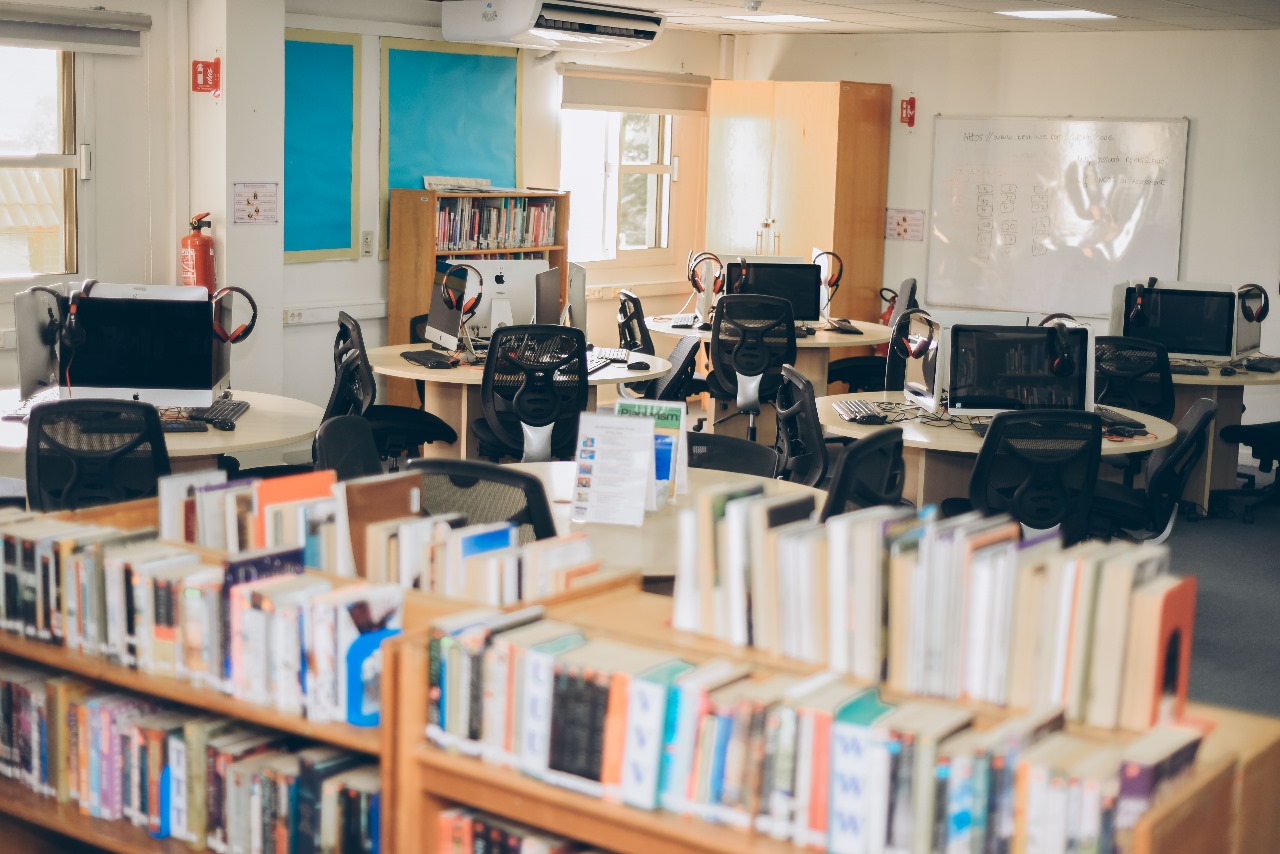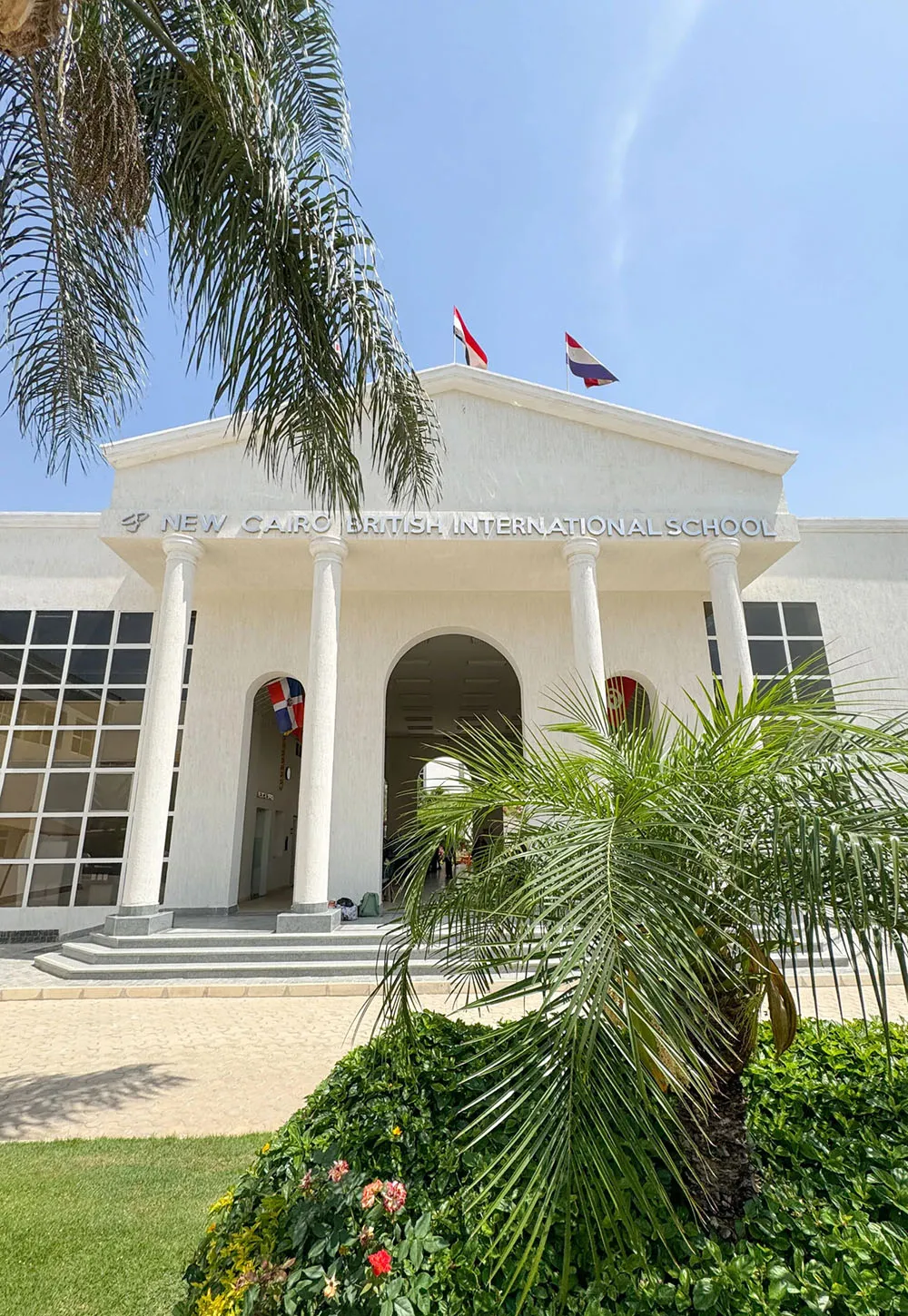
Harnessing the Power of Technology
Greetings to the NCBIS community,
As I celebrate my first year as the Director of IT at NCBIS, I find myself reflecting on the journey we have embarked on together and the exciting path that lies ahead. I firmly believe that technology has the transformative power to revolutionise learning, and it is this potential that I am passionate about unlocking at our school.
Before delving into our shared vision for NCBIS, I would like to share a personal story. As a child, I faced what seemed like insurmountable challenges. I struggled with reading and writing, feeling frequently frustrated and defeated. It wasn’t until later in life that I discovered the root of these struggles – I was dyslexic.
Dyslexia, a learning disorder characterised by difficulty reading, was a revelation. It made me see my struggles not as weaknesses, but as a unique lens through which I could understand the world. Rather than succumbing to my challenges, I sought ways to overcome them. And that’s where technology stepped in.
The discovery of technology was nothing short of transformative. Tools that could convert text to speech, software that could correct my spelling, and apps that could organise my thoughts became my lifeline. Technology was the bridge that led me from struggles to successes.
This personal journey fuels my passion for technology. I have experienced firsthand the immense power it holds in breaking down barriers and creating opportunities for learning. It is this power that I am committed to bringing to NCBIS.
As the Director of IT, my goal is to ensure that technology is not just an accessory to learning, but a tool that empowers every student. I envision a school where technology is seamlessly integrated into our curriculum, allowing every student, regardless of their unique learning needs, to harness its power to the fullest. However, I also recognise the potential negative impact that unchecked technology use can have on young minds. Hence, striking a balance between leveraging technology and understanding its risks is crucial.
Over the past academic year, we as a school have invested time and effort in developing a technology vision and a Digital Citizenship definition. Our Technology Vision states, “At NCBIS, we view Technology as a tool to help us create, collaborate, challenge, and reflect.” And our definition of Digital Citizenship is, “Digital citizenship is the responsible use of technology to learn, create, and participate.”
In the coming months and years, I look forward to working with all of you as we continue to shape our future. Let’s chart a path where everyone can access, benefit from, and be empowered by technology, but do so responsibly and with an understanding of its potential pitfalls.
Yours in technology and learning,
Atif Hussain Director of IT, NCBIS


